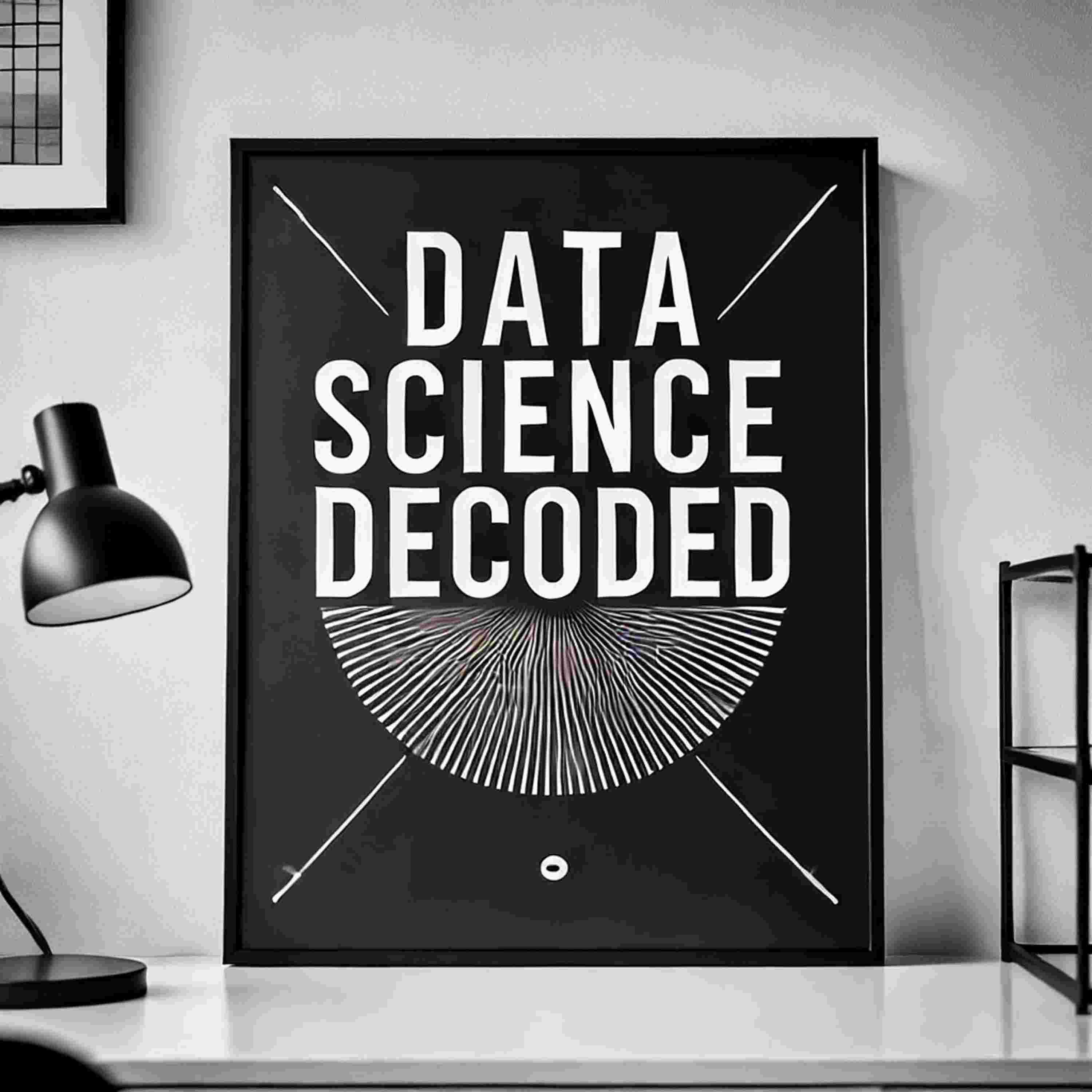

In the 16th episode we go over the seminal the 1952 paper titled: "A stochastic approximation method." The annals of mathematical statistics (1951): 400-407, by Robbins, Herbert and Sutton Monro. The paper introduced the stochastic approximation method, a groundbreaking iterative technique for finding the root of an unknown function using noisy observations.
This method enabled real-time, adaptive estimation without requiring the function’s explicit form, revolutionizing statistical practices in fields like bioassay and engineering. Robbins and Monro’s work laid the ideas behind stochastic gradient descent (SGD), the primary optimization algorithm in modern machine learning and deep learning. SGD’s efficiency in training neural networks through iterative updates is directly rooted in this method.
Additionally, their approach to handling binary feedback inspired early concepts in reinforcement learning, where algorithms learn from sparse rewards and adapt over time. The paper's principles are fundamental to nonparametric methods, online learning, and dynamic optimization in data science and AI today.
By enabling sequential, probabilistic updates, the Robbins-Monro method supports adaptive decision-making in real-time applications such as recommender systems, autonomous systems, and financial trading, making it a cornerstone of modern AI’s ability to learn in complex, uncertain environments.